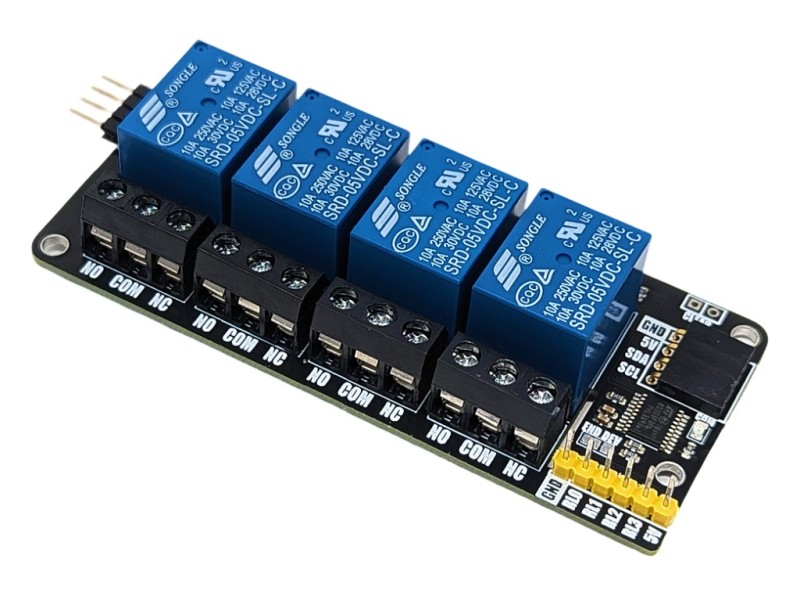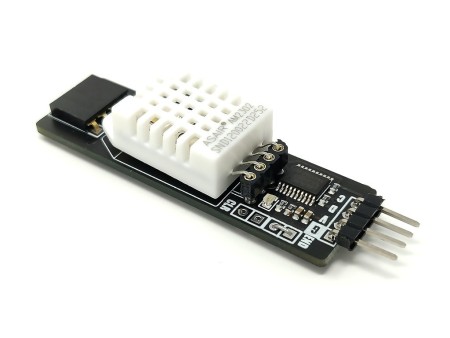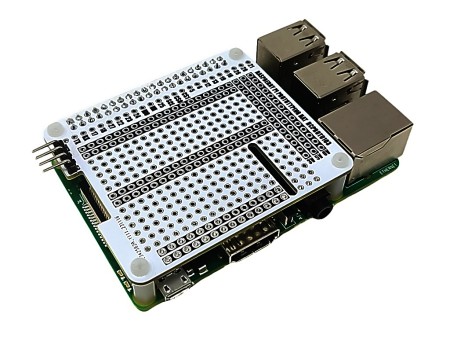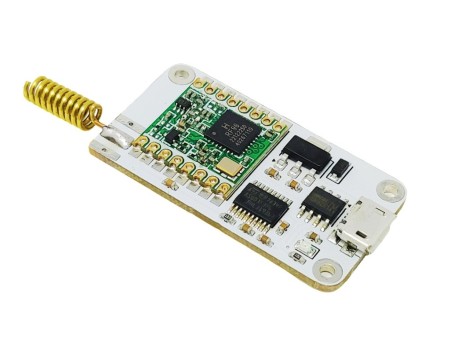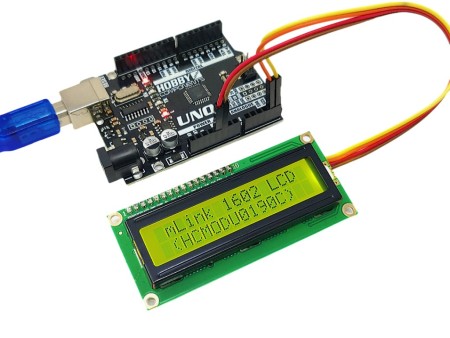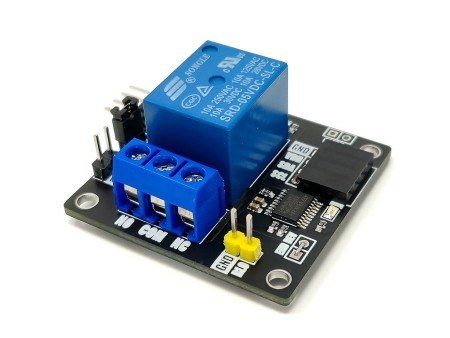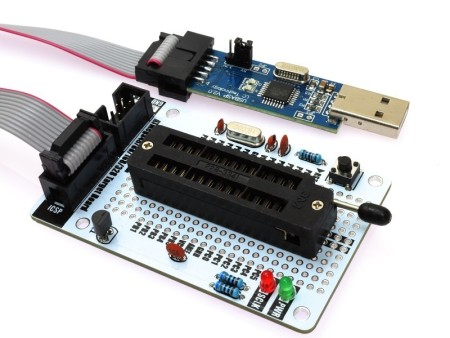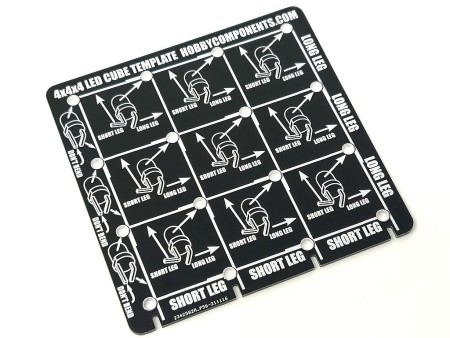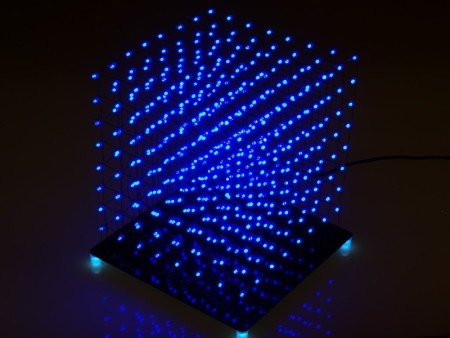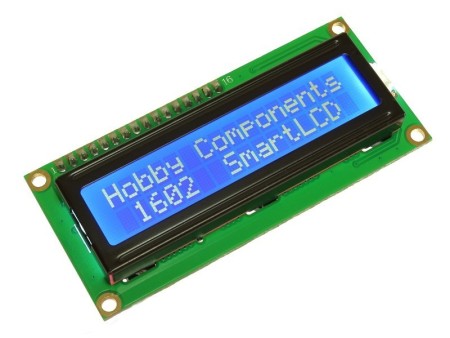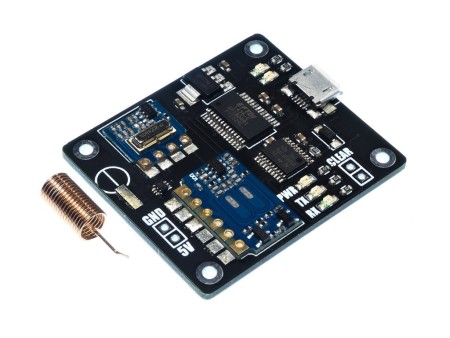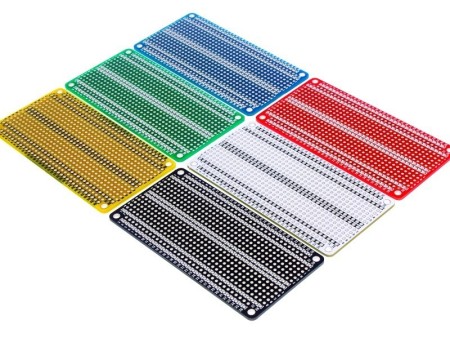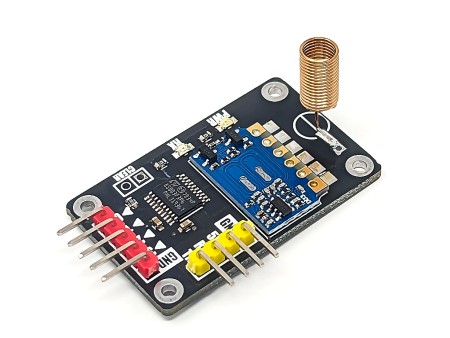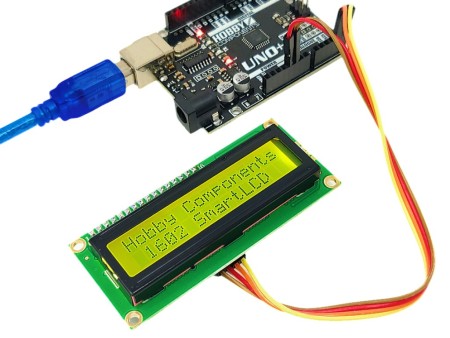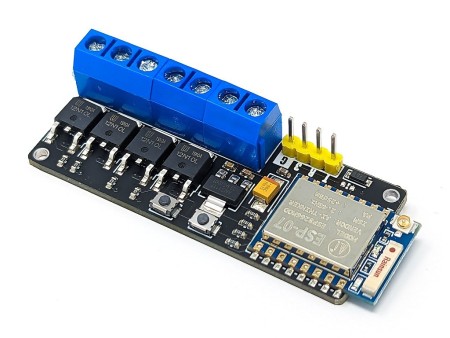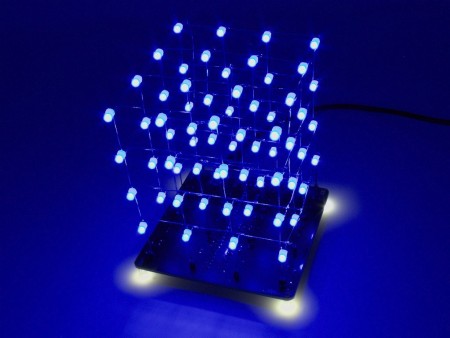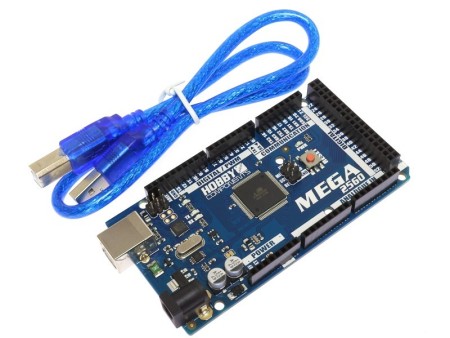mLink 4 Channel I2C / Parallel Relay Module
The mLink relay modules are a range of 5V relay modules that have been designed to be controlled either manually or via a microcontroller. For manual control there is a set of digital pin(s) that can be toggled to directly control the relay. For controlling via a microcontroller there is a serial I2C interface minimising the amount of pins required to control multiple relays or relay modules.
For Arduino users you can use the mLink library (see below) to control any type of mLink module. Only one single instance of the library is needed to control multiple types of mLink modules resulting in very little resources overhead and therefore making it great for Arduinos with small amounts of memory and pin counts.
The mLink relay modules are a range of 5V relay modules that have been designed to be controlled either manually or via a microcontroller. For manual control there is a set of digital pin(s) that can be toggled to directly control the relay. For controlling via a microcontroller there is a serial I2C interface minimising the amount of pins required to control multiple relays or relay modules.
For Arduino users you can use the mLink library (see below) to control any type of mLink module. Only one single instance of the library is needed to control multiple types of mLink modules resulting in very little resources overhead and therefore making it great for Arduinos with small amounts of memory and pin counts.
For Raspberry Pi users we have a Python module which can be installed via pip or downloaded and installed directly from our forum. Please see the mLink Python forum thread for requirements and download link
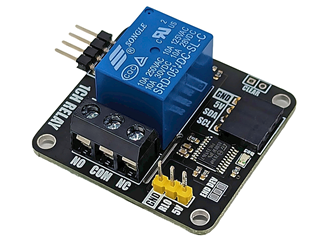
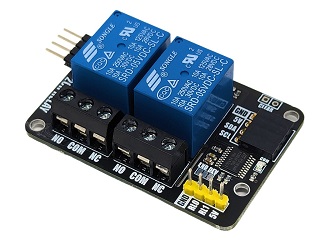
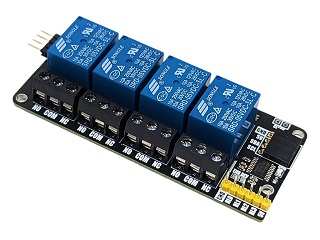
Module specifications:
Module code: HCMODU0182 (1ch relay module) HCMODU0183 (2ch relay module) HCMODU0184 (4ch relay module) Supply Voltage (VDD): 4.5V to 5.5V Current consumption (relay(s) off): 5.5mA Current consumption (relay(s) on): 70mA (1ch), 125mA (2ch), 235mA (4ch) Interfaces: I2C, relay digital input(s), NO-COM-NC relay screw terminals. I2C Interface speed: 400kbits/s (fast mode) I2C default address (HEX): 0h52 Relay input (RL0 to RL3) low level voltage: 0V to 1.5V Relay input (RL0 to RL3) high level voltage: 3.5V to 5V Relay contact rating (resistive load): 5A max at 28VDC or 240VAC Maximum number of modules: 5 with pullups fitted, 112 with pullups removed* Module dimensions (inc headers): 48.5mm x 38mm x 19.2mm (1ch relay module) 63.5mm x 38mm x 19.2mm (2ch relay module) 96.5mm x 38mm x 19.2mm (4ch relay module)
*Note the maximum number of connected modules will depend on cable lengths and power requirements of each module. Do not exceed 5 mLink modules connected in series with all fitted to all modules.
Standalone Control Example:
The mLink relay modules can be used standalone just like most other types of relay module. They provide a set of digital input pins (RL0 to RL3) to control each relay independently. Pulling a pin high (connecting it to 3.5V to 5V) will turn the relay on, pulling it low (0V/GND), or leaving it disconnected will turn the relay off.
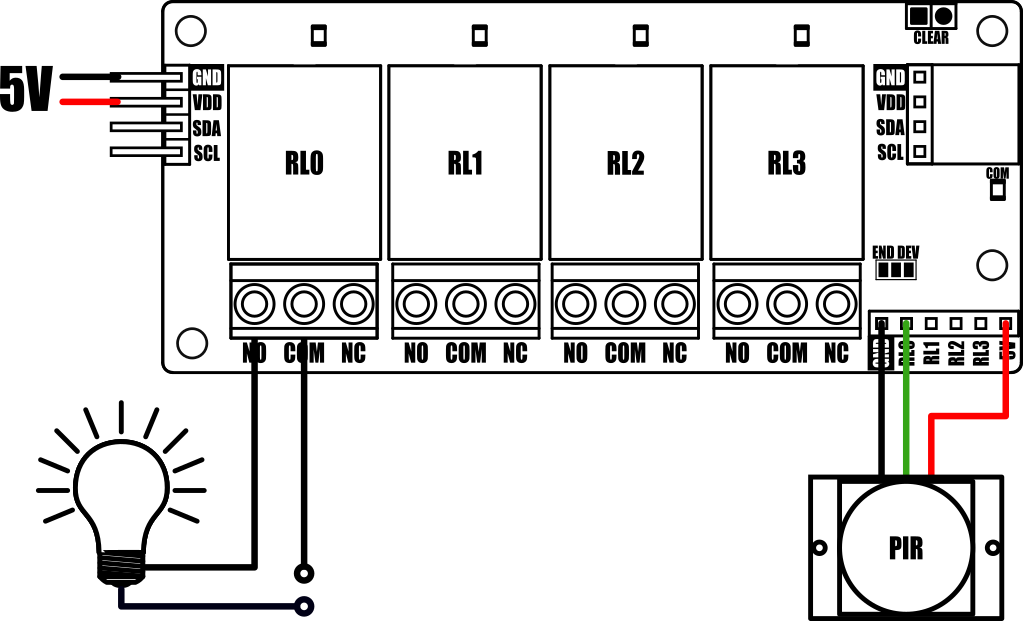
Arduino Connection Example:
When used with microcontollers such as Arduino the mLink relay modules can be controlled via a serial I2C interface.

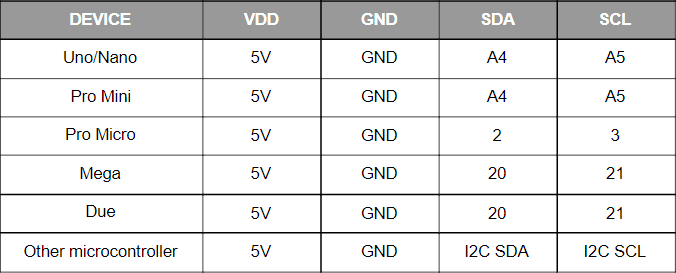
Because the modules use an I2C interface this also means multiple modules can controlled from a single Arduinos I2C interface simply by daisy-chaining them together. Note to control multiple mLink modules of the same type requires changing the default I2C address of the additional modules. See mLink Library Quick Start Guide for how to do this.

Arduino Toggle Relay Example:
The following example will toggle (blink) relay 0 on and off every 10 seconds. If your module has more than one relay you can use SET_RLY1 for relay 1, SET_RLY2 for relay 2, or SET_RLY3 for relay 3 instead.
-
#include "mLink.h"
-
-
mLink mLink;
-
-
#define I2C_ADD 0x52 // Default I2C address
-
-
void setup()
-
{
-
mLink.init();
-
}
-
-
-
void loop()
-
{
-
mLink.SET_RLY0(I2C_ADD, HIGH); // Turn relay 0 ON.
-
delay(10000);
-
-
mLink.SET_RLY0(I2C_ADD, LOW); // Turn relay 0 OFF
-
delay(10000);
-
}

For more information including documentation and the mLink library please visit this products forum page here:
https://forum.hobbycomponents.com/viewtopic.php?f=131&t=3003
Specific References
16 other products in the category
mLink Transreflective 1602...
The mLink Character LCD series consists of serial (I2C/IIC) displays available in two sizes:...
Hobby Components Target /...
This prototyping/programming board is designed for use with the Atmel ATMega48P, ATMega168P,...
4x4x4 Cube PCB V2 Template
Additional add-on for our V2 4x4x4 Cube Kits. This PCB template has been designed to make...
Hobby Components Arduino...
LED light cubes are a hugely popular and fun project. With this kit (HCKITS0050) you will have...
Hobby Components 1602 SmartLCD
The 1602 SmartLCD module is a serially controlled 2 line by 16 character alphanumeric LCD...
SmartRFy USB Module
The SmartRFy USB module adds the ability to monitor and control a SmartRFy network directly...
- Currently Out of Stock
SmartRFy Digital Rx Module
The SmartRFy digital Rx module provides a set of 4 digital output pins which can be remotely...
Hobby Components 1602...
The 1602 SmartLCD module is a serially controlled 2 line by 16 character alphanumeric...
Hobby Components Arduino...
Our very own version of the popular Arduino Mega development board (HCARDU0092). It hast been...
- Currently Out of Stock

